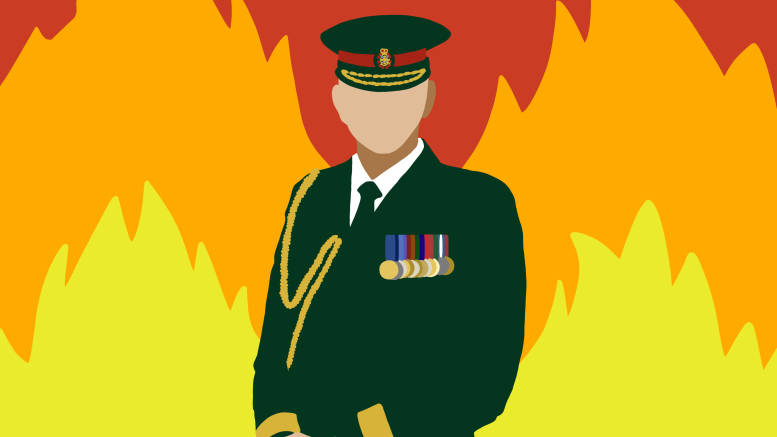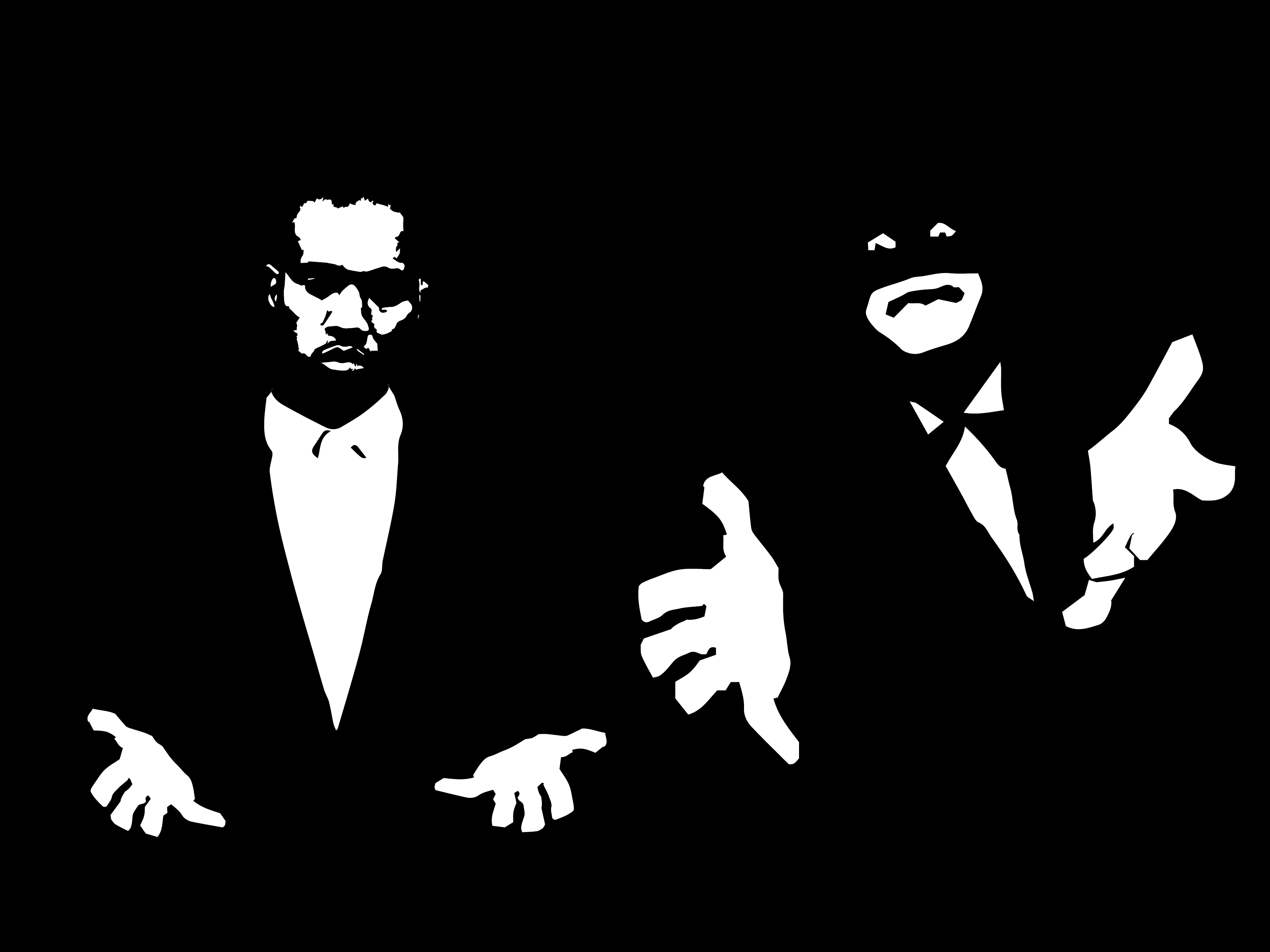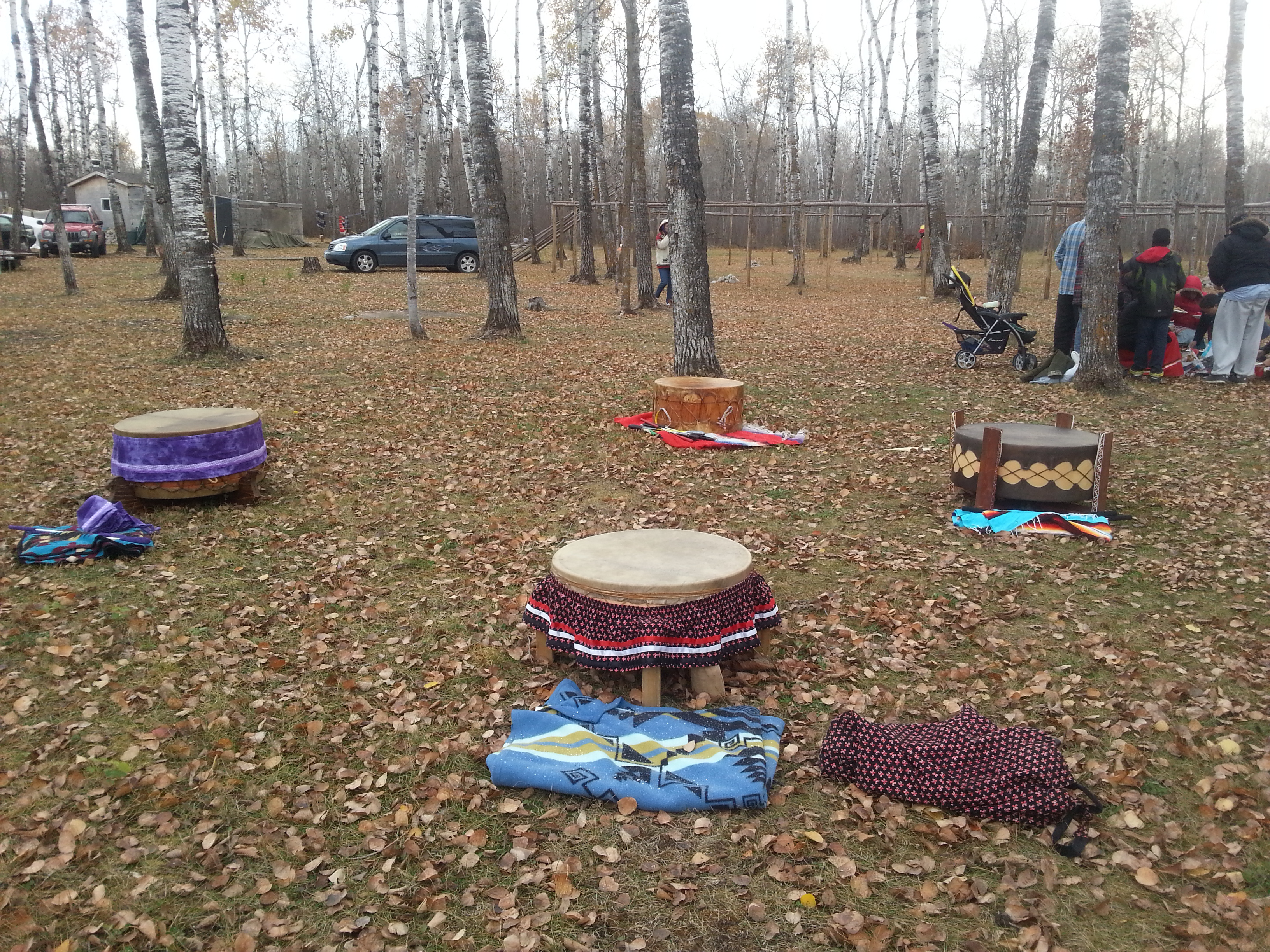I am not an outright pacifist — sometimes war is necessary and sometimes it is justified. As a Métis person I feel the Red River Resistance of 1869 was wholly necessary, and I also feel that in the Second World War the invasion of Germany was unavoidable. However, war is the most depraved and horrific creation of mankind.
In the Red River Resistance, an anti-Metis agitator named Thomas Scott was executed by firing squad. Following the conflict, the Red River Expedition terrorized the people of Red River resulting in the death of at least one man, Elzéar Goulet.
In the Second World War, approximately 60 million lives were lost, with 45 million of that estimate being civilian deaths. Of course, had Germany not been invaded, the number of deaths would still range in the millions and were mostly civilian.
The terror and violence of war is especially relevant considering the current Russia-Ukraine and Israel-Palestine conflicts. While these conflicts frequently appear in our news media, the Geneva Academy monitors at least 110 armed conflicts worldwide.
The conflicts in Ukraine and Israel-Palestine frequently appear in the media for good reason: these conflicts are horrific. As of Sept. 11, 2023 the Office of the United Nations High Commissioner for Human Rights estimates at least 27,000 civilian casualties in Ukraine alone. Meanwhile, the casualties rise daily in Israel and Gaza with numerous reports of violence and displacement.
I cannot claim to know how to resolve any international conflict with minimal loss of life, but nations and international leaders can take steps to reduce harm. Another example of action that can work toward peace is a United Nations expert demanding that Israel rescind its evacuation order for northern Gaza. The order has resulted in the displacement of approximately 500,000 Palestinians as of Oct. 17.
Historically, displacements such as this have resulted in losses of life that are entirely preventable. In 1838, 4,000 Cherokee lost their lives on the Trail of Tears during the forced displacement of 16,000 Cherokee. The calls for a ceasefire in Israel-Palestine are certainly a good place to start.
There is also a considerable negative effect on mental health for those trapped in active war zones, subjected to the threat of injury and death. A study was conducted on 381 13-year-old students living in Hebron, a city in the West Bank — an active conflict zone. The study found that 295 participants experienced moderate to severe symptoms of PTSD.
While territory may change hands and generals may win medals, it is the people of these regions who suffer the most in all the conflict. Some conflicts may be justified, especially those that come in self-defence, but we have to think critically about the real consequences of war.
Generals, world leaders and those with the power to create and end wars are certainly the most responsible for conflict by far. Soldiers, by nature, are more so tools of these leaders. In some nations such as Canada, there is entirely voluntary military service save for extreme circumstances such as the First and Second World Wars which, in my opinion, means there is a greater deal of personal responsibility.
In other nations, such as Ukraine and Russia, there is mandatory military service. Though all soldiers are still responsible for their actions, these soldiers are more directly at the whim of their nation.
As I said, I am not a pacifist, and I am not under the impression that all our worldly conflicts can be resolved with kind words and offerings of peace. But I do know that we should avoid unnecessary death and war whenever possible. When war breaks out civilians are the first to suffer under the might of nations coming to blows. Even when a war ends, the pain of loss and suffering that comes with destruction continues for years to come.





